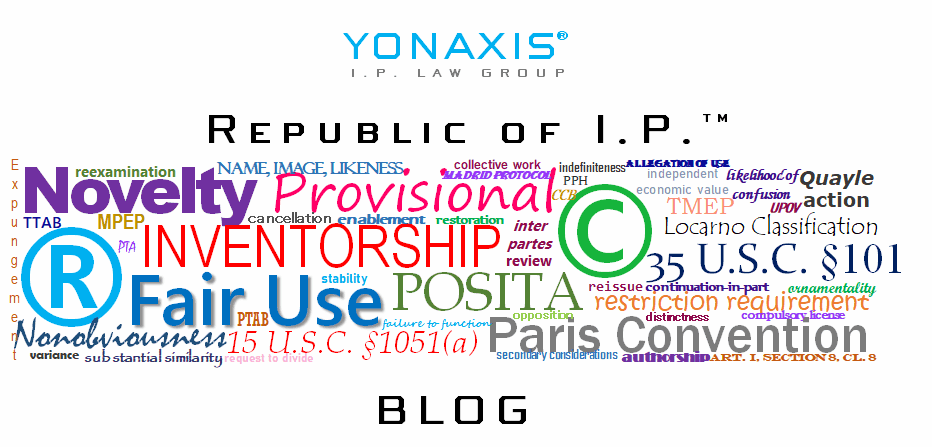In In re Apple Inc.,[1] the Court of Appeals for the Federal Circuit granted Apple’s petition for writ of mandamus ordering the judge presiding over its district court patent infringement case, Alan D. Albright, in the Western District of Texas, rule on its motion to transfer venue before disposition of any discovery on the merits. This was a precedential ruling, one in which the Fed Circuit panel, comprised of Judges Dyk, Reyna, and Taranto, with Judge Reyna writing for a unanimous court, appeared contentious with Judge Albright’s apparent Machiavellian attempts to retain his patent docket in spite of U.S. Supreme Court precedence limiting patent venue under 28 U.S.C. §1400.
In his brief decision, Judge Reyna noted ample case law supporting the contention that Apple’s motion to transfer was of higher priority than litigating the merits of the underlying patent infringement case. In the underlying case, Aire Technology Ltd. had sued Apple for patent infringement in the Western District of Texas in October 2021, but Apple moved to transfer venue in April 2022 to the Northern District of California. Judge Albright granted the transfer venue but simultaneously ordered sua sponte the parties to complete factual discovery for another 30 weeks, thus delaying transfer to the Northern District of California and allowing Judge Albright to determine factual issues on the merits of the case. In doing so, he was setting up a case that would be difficult to remove for practical reasons to another district for summary judgment or trial proceedings because most of the pre-trial determinations had been completed in another district by another judge. In fact, he even denied a stay in the proceedings while Apple’s mandamus review wound its way through to the Fed Circuit.
Judge Reyna was not having any of this shenanigans, citing a long line of case law supporting disposition of transfer motion before merits issues,[2] Congress’s intent in enacting §1400 was to prevent waste of time, energy and money against unnecessary inconvenience and expense.[3] Judge Reyna pointedly noted:
Where . . . the parties agree no additional discovery or briefing is necessary . . . it is a clear abuse of discretion to require the parties to expend additional party and court resources litigating substantive matters of the case while Apple’s motion to transfer unnecessarily lingers on the docket.
Judge Reyna’s order clearly mandated that Judge Albright must proceed expeditiously on Apple’s motion to transfer as its first order of business before anything else in the case.
This is not the first time the Fed Circuit has admonished Judge Albright for attempting to circumvent the patent venue statute to keep as many patent cases in his court rather than transferring them to a more appropriate court elsewhere. Earlier in July 2022, the chief judge of the Western District of Texas began randomizing case assignments throughout all divisions of the district. This process eliminated a plaintiff’s ability to have Judge Albright, the sole judge in the Waco Division, to hear the case, and presumably receive a more favorable disposition. Before the chief judge’s order, Judge Albright heard nearly 28% of all patent cases filed in the U.S., even in spite of the U.S. Supreme Court’s decision in TC Heartland LLC v. Kraft Foods Grp. Brands LLC,[4] which held for patent cases, venue for purposes of §1400 meant where a corporate defendant resided in the state of incorporation. TC Heartland effectively ended the Eastern District of Texas’s hold on the non-practicing entity (NPE) plaintiff’s (i.e., so-called “patent troll”) go-to forum for suing large companies. Other federal districts with a higher presence of corporate entities, including the Northern District of California and the District of Delaware, benefited from this ruling. Notwithstanding, despite TC Heartland, Judge Albright has openly made concerted attempts to allow perpetuation of forum shopping in patent cases, much to the chagrin of the Fed Circuit and patent litigants.
We will continue to monitor the case and report as needed on the blog.
[1] ___4th___ (Fed. Cir. Nov. 8, 2022).
[2] See In re Horseshoe Ent., 337 F.3d 429, 433 (5th Cir. 2003).
[3] See In re EMC Corp., 501 F. App’x 973, 975-76 (Fed. Cir. 2013).
[4] 581 U.S. ___ ; 137 S. Ct. 1514 (2017).
